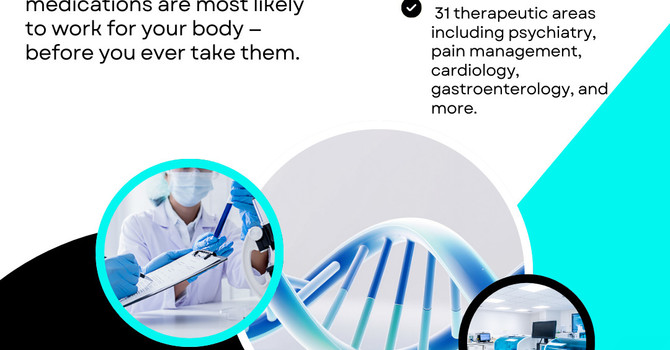
Glucagon-like peptide-1 (GLP-1) receptor agonists have gained significant attention in recent years for their multifaceted benefits in managing various health conditions. Initially developed for diabetes management, these medications have expanded their reach, showing promise in weight loss, inflammation reduction, and even autoimmune conditions. With microdosing becoming a growing trend, let’s explore what these medications do, how they help, and the emerging research surrounding their potential applications.
What Are GLP-1 Medications?
GLP-1 receptor agonists mimic the natural hormone GLP-1, which plays a critical role in regulating blood sugar levels. They stimulate insulin secretion in response to glucose intake, suppress glucagon secretion, slow gastric emptying, and promote satiety. These mechanisms make GLP-1 medications highly effective for:
-
Diabetes Management: Controlling blood sugar levels and improving glycemic control.
-
Weight Loss: By reducing appetite and caloric intake, these medications support sustainable weight loss.
-
Cardiovascular Health: Many GLP-1 medications demonstrate protective effects on the heart, reducing the risk of cardiovascular events in high-risk populations.
How Do They Help?
-
Weight Management: Medications like semaglutide, tirzepatide, and liraglutide are FDA-approved for weight loss. They help patients achieve and maintain significant weight reduction by curbing hunger and reducing food intake.
-
Blood Sugar Regulation: By enhancing insulin sensitivity and controlling post-meal glucose spikes, GLP-1s are indispensable tools for managing Type 2 diabetes.
-
Inflammation Reduction: Emerging studies suggest GLP-1 receptor activation can reduce systemic inflammation, potentially benefiting conditions like arthritis, cardiovascular disease, and neuroinflammation.
Microdosing GLP-1: A Growing Trend
Microdosing refers to administering lower-than-standard therapeutic doses of a medication to achieve benefits while minimizing side effects. This approach has gained traction with GLP-1 medications for individuals seeking milder effects or those who are sensitive to full doses.
Potential Benefits of Microdosing:
-
Improved Tolerance: Some patients experience nausea, vomiting, or gastrointestinal discomfort with standard doses. Microdosing can help mitigate these effects.
-
Cost-Effectiveness: With the high cost of GLP-1 medications, smaller doses may offer a more affordable option for some patients.
-
Preventative Health: For individuals without diabetes or obesity, microdosing may offer anti-inflammatory and metabolic benefits, though more research is needed.
Research on Autoimmune and Inflammatory Conditions
Emerging studies suggest GLP-1 medications may have broader applications beyond metabolic health. Research has shown:
-
Anti-Inflammatory Effects: GLP-1 receptor activation can reduce pro-inflammatory cytokines, offering potential relief in conditions such as rheumatoid arthritis, Crohn’s disease, and lupus.
-
Immune Modulation: Some evidence indicates GLP-1 agonists may modulate immune system activity, helping to balance overactive responses seen in autoimmune disorders.
-
Neuroinflammation: Preclinical studies highlight the potential for GLP-1 medications to reduce inflammation in the brain, offering hope for conditions like Alzheimer’s and multiple sclerosis.
While these findings are promising, larger clinical trials are necessary to confirm these benefits and identify optimal dosing strategies.
Final Thoughts
GLP-1 medications are a revolutionary tool in modern medicine, with proven benefits for weight loss, blood sugar regulation, and cardiovascular health. The rise of microdosing opens new doors for personalized treatment approaches, potentially expanding their use to individuals seeking milder effects or preventative benefits. Moreover, their anti-inflammatory properties hint at a future where GLP-1 agonists could play a role in managing autoimmune and inflammatory diseases.
As research evolves, these medications may become even more integral to optimizing health and longevity. If you’re considering GLP-1 therapy or are curious about microdosing, consulting a knowledgeable healthcare provider is the best step toward understanding how these treatments may fit into your wellness journey.
Krystle Maynard
Contact Me


